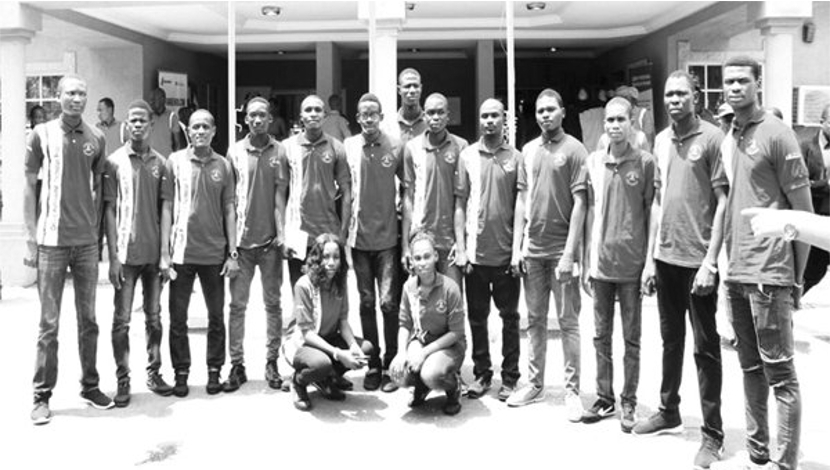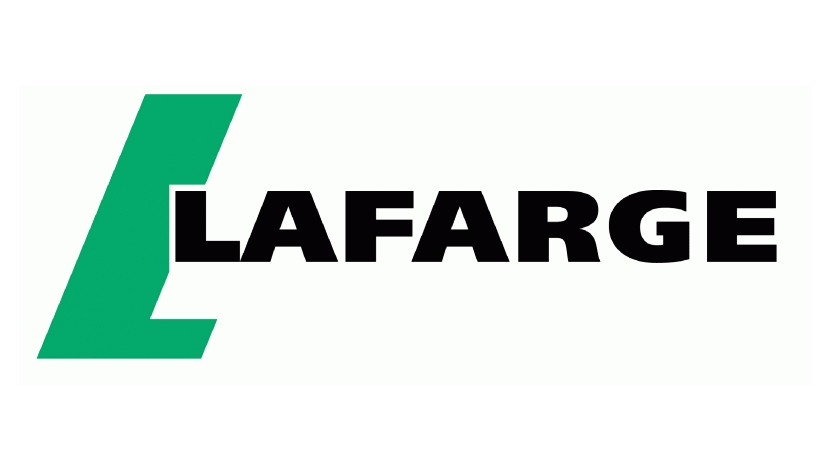

The need to increase local content, especially in multinationals, is one way to develop backward integration which the country craves for.
It was for this that Lafarge Africa Plc, established the Cement Professionals Training Programme (CPTP), which began on June 8, to assist youths in its catchment areas.
Under the scheme, over the next three years, 15 youths from Ogun, Gombe and Cross River states will be trained in mechanical, electrical, instrumentation, automation technology, cement manufacturing process and entrepreneurship at Lafarge’s facilities in Ashaka, Ewekoro, Mfamosing (in Calabar) and Sagamu.
CPTP Manager, Michael Shokunbi, said while its objective remains the same as previous programmes’, the coverage has expanded to include science-based young school leavers from the Northeast and Southsouth.
He said to make the CPTP effective, Lafarge was partnering the Industrial Training Fund (ITF), the Nigeria Employers Consultative Assembly (NECA) and the National Board for Technical Education (NBTE). The certificate awarded after the programme is accredited by NBTE and valid for admission into universities.
CEO of Lafarge Africa, Michel Puchercos, said: “Skills acquired through this programme will not only make these young men employable, but impact positively on our host communities,” adding that with more companies following his firm’s example, host communities of companies will see a steep decline in youth restiveness.’’
Communications, Public Affairs and Sustainable Development Director Mrs. Folashade Ambrose-Medebem said the 15 youths in the CPTP would be trained into a culture of “safety first”.
“We want to conduct business at zero harm to people and at zero cost to life. If we’re good in safety, then we’re good in business,” she said.
In his message to the trainees, the Ogun State Commissioner for Education, Science and Technology, Modupe Mujota, challenged them to ensure they put the training to good use for the benefit of their community.
The earlier version of CPTP—developed in partnership with the ITF and the Nigerian Employers Consultative Association (NECA)—was launched in 2012.
The skills addressed the dearth of professional artisans and technicians, allowed the youth to be self-sufficient and support their local economy, and thus, reinforced bonds between Lafarge and the community.
Three-quarters of the first set got jobs with Lafarge while others were engaged by Lafarge contractors.





